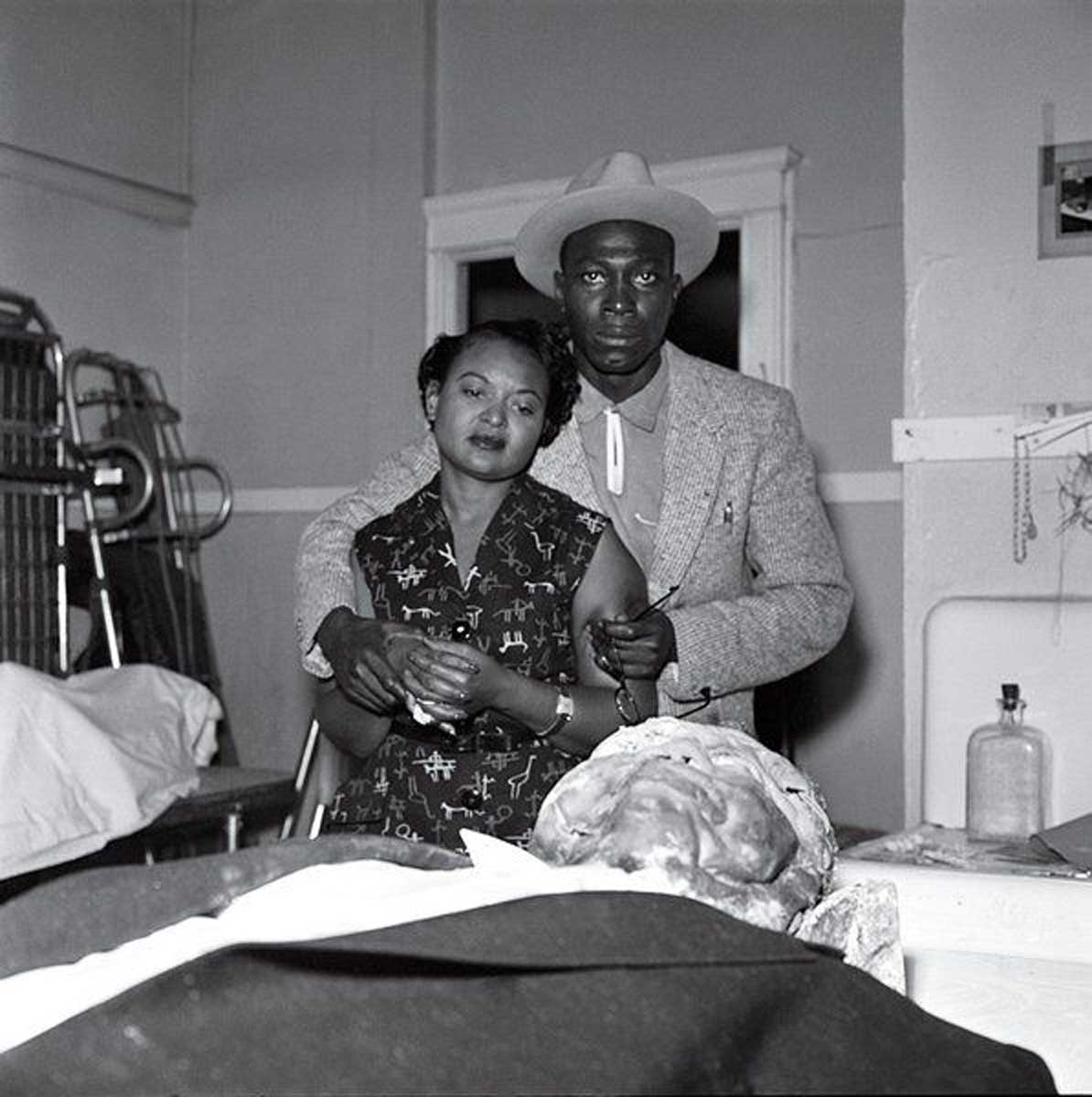When Andrew Jackson roamed the Mississippi hills …
Published 11:47 pm Friday, July 10, 2009
As I sat on the night of July 4, I was thrilled to witness a fireworks display to rival that of any of the local towns in our area, however, this Fourth of July celebration was at a private home located in Kemper County. It included swimming and fishing, barbeque, and even a fly-over done by four vintage airplanes that demonstrated their expertise of precision and detailed maneuvers. The Independence Day celebration was a true gift bestowed upon the Kemper County Community by the Wilkerson family. My husband and I were happy to be included on the guest list and I look forward to next year.
As I enjoyed the entire afternoon and evening with good friends and good food, my mind wandered to a time in history when an event located near the Wilkerson property was a vital part of the pioneer efforts needed to settle the lovely community. I thought of the impressive display of fireworks that night and I wondered what “Ole Hickory” would have thought of it all? I’m certain he would have been right in the mix of the celebration. It brought a smile to my history-loving face.
Yes, the good-hearted people of Kemper County brought their families to the fertile land and began a life that has continued to maintain a lifestyle any American can admire and should strive to obtain, and Andrew Jackson played an important role in those early years.
That’s right – we had a significant historic event in East Central Mississippi that involved Andrew Jackson, the seventh President of the United States. In addition to his presidency, he was a fearless military general and hero of The Battle of New Orleans in 1815. It was after the 1815 conflict that Jackson proposed the improvement of the Military Road that connected Nashville and New Orleans. The U. S War Department authorized Jackson to appoint an engineer and procure equipment on August 15, 1816 and Congress appropriated $5,000 to begin construction. Approximately 300 American soldiers completed the work over a three-year period at a construction cost of $300,000. It was completed in May 1820. The road became the route over which pioneers poured into Mississippi and Alabama. A couple of the pioneers of that time were both my husband’s ancestor, William Flay McKee, who built a large home located on the Jackson Military Road, and my ancestor, Adam Calvert, who along with his large family, is buried at the Rio community of Kemper County located right off of the Jackson Military Road. Maybe that’s why the Jackson Military Road is so important to me — I can appreciate the importance that it played with my family, and the family of my husband as well, plus so many other families who struggled to build a life, a good life in East Central Mississippi.
The Jackson Military Road accomplished many traveler advantages and was shortened by 200 miles from the original route from Nashville to New Orleans. It also provided a much-needed road to the Gulf Coast for supply wagons and artillery. Built with U. S. Funds, Jackson’s road served as a model for 11 such roads built in the 1820’s. The road replaced narrow Indian trails. Jackson found that lack of supply roads hindered him during the Creek Indian War during the War of 1812.
Now the exciting part of this Jackson Military Road story is that we, in East Central Mississippi, have a convenient access to the road. Leaving Meridian traveling north on Highway 493, one may turn to the historic road at the Moscow community in Kemper County. Turn right and the road will connect to DeKalb and a left turn will take the traveler to Union and points further west. I travel this historic road at every opportunity and I encourage you to do the same. As I travel this historic passageway, I can imagine “Ole Hickory” (a nickname given to him because he was “hard as a Hickory tree” — the hardest of wood known at that time)and his men so many years ago as they cut and sliced their way through the thick piney woods and boggy lowlands.
I must add that we had another historic event in East Central Mississippi with Andrew Jackson and it was at the small town of Hickory located in Newton County. The town was named after the brave general who passed through the area on his way to fight at the Battle of New Orleans during the War of 1812.
And of course our state capital, Jackson, was named after Andrew Jackson in recognition for his victory at the Battle of New Orleans. Yes, indeed, Andrew Jackson left his historic mark throughout this area.
So, one of these late summer evenings drive north on Hwy 493 and introduce your children or your grandchildren to a real piece of history – Mississippi history and American history as well. I’m certain the Jackson Military Road will find the McKee van often upon its sturdy and picturesque byway – I look forward to visiting history at every opportunity, and I’ll look for you as I travel along. The road is a piece of property that is shared and owned by each American – let us enjoy the opportunity to see a real part of history.
Happy and safe traveling to you and yours.
Anne McKee is a writer and storyteller. She lives in Meridian. Anne is listed on the Mississippi Artist Roster, sponsored by
Mississippi Arts Commission, as a
dramatic and literary artist, storyteller, and as a Teaching Artist. She is active with the arts and educational communities throughout Mississippi.




